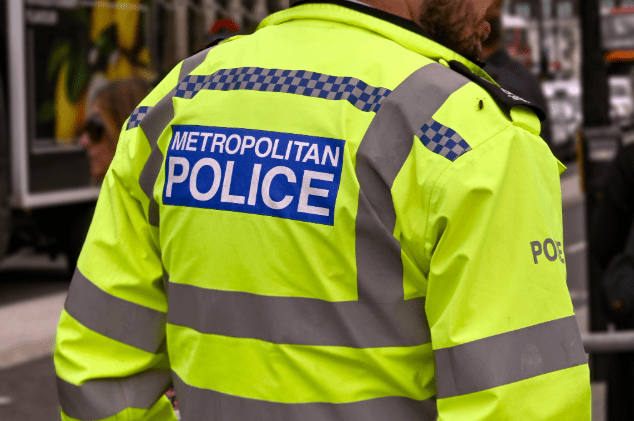Londoners are now contributing more than ever before to fund the Metropolitan Police, as council tax bills continue to climb to meet growing budget demands.
According to recent Home Office figures, council taxpayers in the capital will collectively hand over just over £1 billion to the Met in 2025–26, a 4 per cent rise from last year’s £989.2 million.
That’s the highest recorded contribution since figures began in 2015–16, now accounting for 27 per cent of the Met’s overall funding.
For the first time, the public’s contribution crosses the £1 billion mark a sign of shifting responsibility from Government to households.
This increase comes amid criticism from campaigners and police leaders alike, who argue that the current funding model is both unsustainable and unfair.
The Fairer Share campaign, which advocates for replacing council tax with a proportional property tax, condemned the growing reliance on local taxpayers to support national policing.
Andrew Dixon, chair of Fairer Share, stated: “That reflects not just rising demand, but a fundamentally unfair system that shifts the burden onto households, precisely the sort of regressive patchwork Fairer Share has long warned about.”
He further criticised the Government’s retreat from police funding responsibilities, adding it is “leaving residents to make up the difference even as they face mounting cost-of-living pressures”.
Despite council taxpayers footing more of the bill, the Government hasn’t pulled out entirely. For 2025–26, total funding for the Met Police will hit a record £3.8 billion, with £2.8 billion provided by the central Government.
Across England and Wales, total police funding will reach £17.7 billion, a 3.8 per cent increase year-on-year. However, a greater share is now being drawn from council tax precepts, which have grown steadily over the past decade.
In 2015–16, only 28 per cent of police budgets came from council taxpayers. Today, it’s closer to one-third, highlighting a long-term shift in how UK policing is funded.
Police Leaders Warn of Tough Choices
The Association of Police and Crime Commissioners has acknowledged the Government’s ongoing support for policing, but cautioned that more will be asked of local taxpayers.
Roger Hirst, Police, Fire and Crime Commissioner for Essex, and Joy Allen, Durham PCC, jointly stated: “If we are to deliver on our commitments, fund this year’s 4.2 per cent pay award for police officers and absorb the impact of inflation on other costs, police and crime commissioners and deputy mayors face difficult decisions which may have to include asking council taxpayers to shoulder yet more of the burden.”
The duo emphasised the need for a “fairer and more sustainable” funding structure going forward.
Calls for Reform Amid Rising Demands
The Government’s recent announcement of a 2.3 per cent real-terms annual rise in police spending power over the Spending Review period has been cautiously welcomed. The goal: bolster frontline policing and rebuild public trust.
Chief Constable Gavin Stephens, chair of the National Police Chiefs’ Council, commented: “We recognise that the Government faces tough financial choices.
In the face of these challenges, it’s now more important than ever that police chiefs and the Government continue to unite behind radical reform for policing, and crucially, give forces the flexibility they need to modernise their workforce.”
He added: “We fully support the Government’s drive to cut crime and grow officer numbers, but for these to succeed, investment in policing must live up to the ambition.”
Home Office Defends Record Investment
A Home Office spokesperson responded to the concerns by pointing to a significant uplift in funding: “The Home Secretary announced a £1.2 billion increase in funding to police forces this year, with the 2025-26 police funding settlement providing a total of up to £17.6 billion for forces across England and Wales.
This includes £200 million to reinvigorate neighbourhood policing and restore a visible presence of officers to our streets.”
They added: “The Chancellor has announced a real terms increase in police spending power over the next three years. As usual, more detail on force funding allocations will be set out at the provisional police settlement later this year.”
While record levels of police funding are being funnelled into forces across the country, the burden is clearly shifting. Londoners now carry a heavier load and it’s sparking serious debate over whether the current model is fit for purpose in today’s economic climate.
As council tax bills rise and households feel the squeeze, pressure mounts on policymakers to rethink how UK policing is financed and who’s really paying the price.






